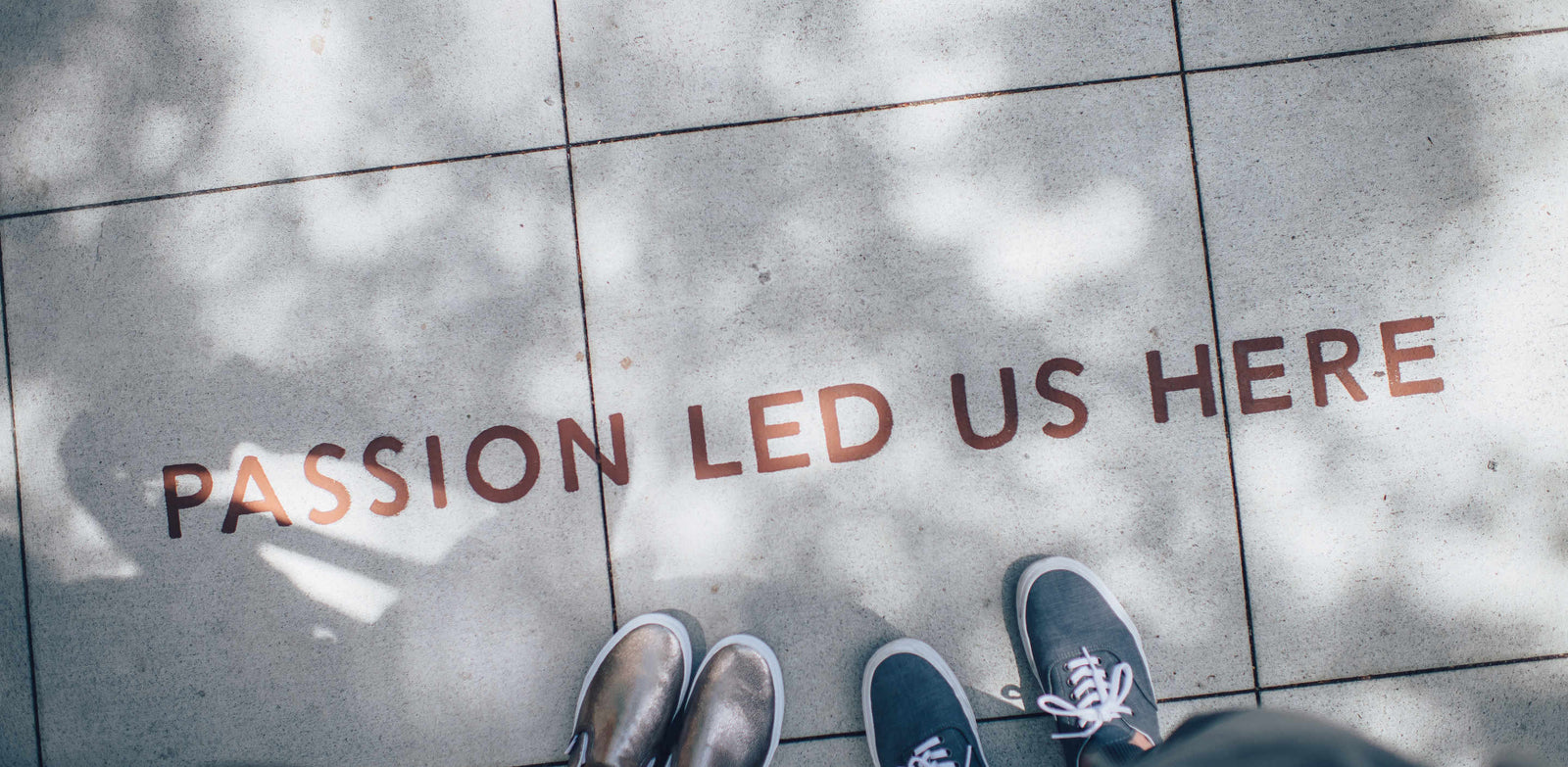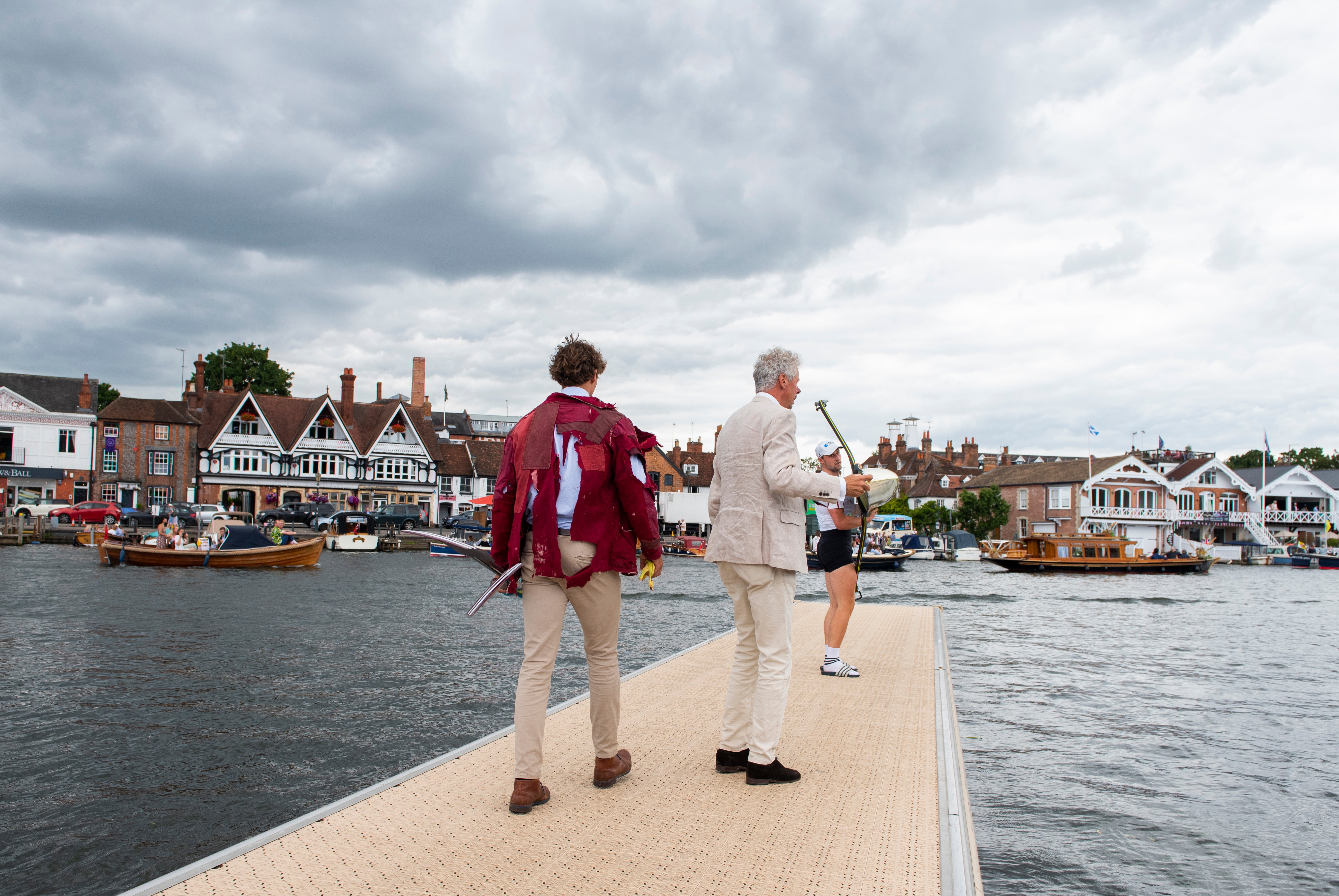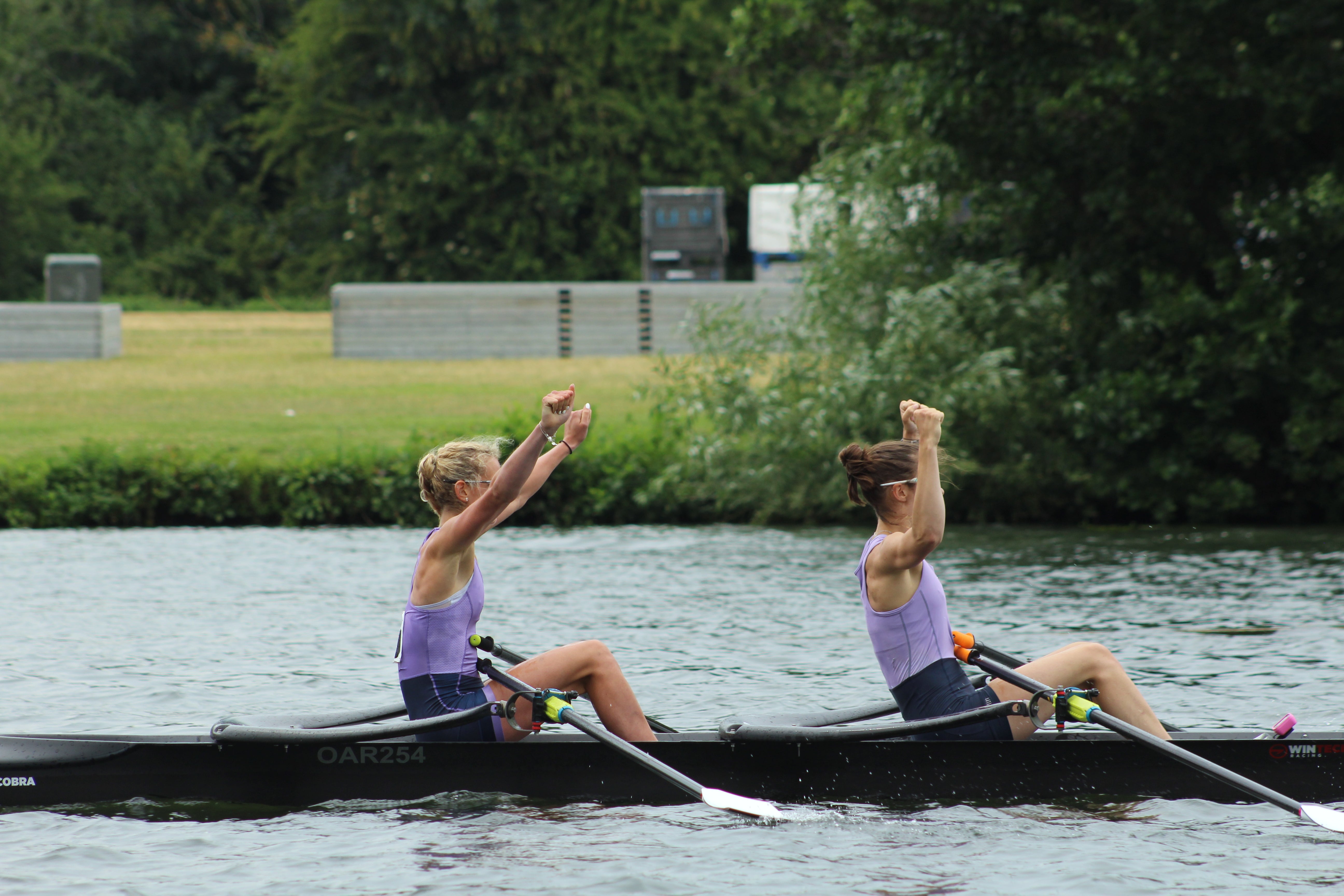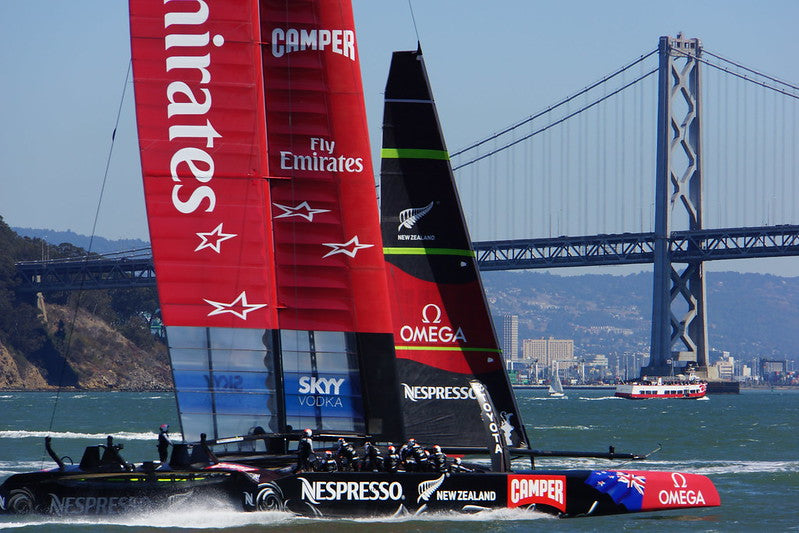Why do coaches coach?

In a society where everything seems billable – every moment in time, every action, every movement – it is regarded as an oddity when somebody chooses to give away their time for free. The phrase ‘Labour of Love’ is one that finds its way into the explanation of those who opt to donate hours of time across mornings, evenings, and weekends in the pursuit of a passion.
Grassroots sport, perhaps more than any other sector, remains an area dominated by volunteers. If you take rowing as a microcosm for the wider sporting environment, the role of the volunteer becomes glaringly obvious. Without it, the infrastructure of the sport would likely collapse – roles from Captain of a Boat Club to the people who wash the dishes in the clubhouse are, more often than not, occupied by volunteers.
"I absolutely believe that people, unless coached, never reach their maximum capabilities."
As stated, people often do things for no other reason than a love for the people, the process, or the particulars of a project. Coaching, though, offers a rare ulterior benefit and one that hundreds of rowers, and former rowers, indulge in throughout the bitter cold of a wintery morning to the post-work heat of a late evening ergo session. Sports coaches assist athletes in developing to their full potential. But they are also responsible for the guidance of the athlete in life and their chosen sport. As Bob Nardelli, former CEO at Chrysler, once said: ‘I absolutely believe that people, unless coached, never reach their maximum capabilities’.
It is this life-affirming involvement, this intangible ability to influence the fabric of another person’s destiny that appeals to so many, and keeps them invested in our sport. To watch, take part in the development of an athlete’s performance and, to a certain extent, wider life goals is an experience altogether more rewarding than the sum of a pay cheque.
The satisfaction of watching a crew develop into something greater than the sum of their parts is truly magical.
Ed Evans, a voluntary coach at Rob Roy Boat Club in Cambridge, explained that coaching had become an integral part of his life. “Coaching is a role I somewhat stumbled into, but it’s something I never plan to turn my back on,” he said. “The satisfaction of watching a crew develop into something greater than the sum of their parts is truly magical, and the opportunity to better understand not only the stroke and the sport, but also human nature and communication is nothing short of a huge privilege”.
From a coaching perspective, rowing is a sport that gives you the ability to turn a disparate group of individuals into a symphony of movement, conditioned and cultivated to perform as a crew. That first outing, when catches are out of sync, body positions disjointed and cohesion lacking in a situation that demands coherence, is a wonderful thing to reflect on when the crew are competing at regional, national or even international level weeks and months later.
The main reason I decided to take up coaching... was to give something back to the sport and my rowing club.
Chris Callow has been coaching on a voluntary basis at Star Club for over 18 years, working mainly with juniors. “The main reason I decided to take up coaching, alongside my own rowing as a senior oarsman, was to give something back to the sport and my rowing club which had given me so much over my junior years,” he said. “As a junior I had some great coaches who were positive role models, which I wanted to emulate and become to others. My passion for coaching also stems from the enjoyment I get seeing an oarsperson achieve their personal goals; whatever that may be; and knowing I’ve been part of that success journey alongside them.’’
Anna van de Braak, assistant women’s coach at Newcastle University Boat Club, has a slightly different take. “The idea of teaching someone a skill, or showing them how to perfect that skill, is something that has always resonated with me, “she explained. “Coaching provides me with an opportunity to develop an individual’s abilities, allowing them to strive towards their sporting goals. What I find particularly rewarding is when you see someone achieve those goals and you know that you played a small part to get them to that moment.”
Perhaps that is sport’s greatest gift – its ability to significantly influence the lives of not only those competing, but those who seek the unseen, unrecognized, underplayed role.
Rowing relies on altruism to a greater extent than many of us realise. Although many volunteers have skin in the game – a child, close friend, or partner who actively partakes – there are thousands more who do it for the love of watching a charge develop into the best they can be on and off the water. Perhaps that is sport’s greatest gift – its ability to significantly influence the lives of not only those competing, but those who seek the unseen, unrecognized, underplayed role.
words by Junior Rowing News
photo by Ian Schneider on Unsplash








